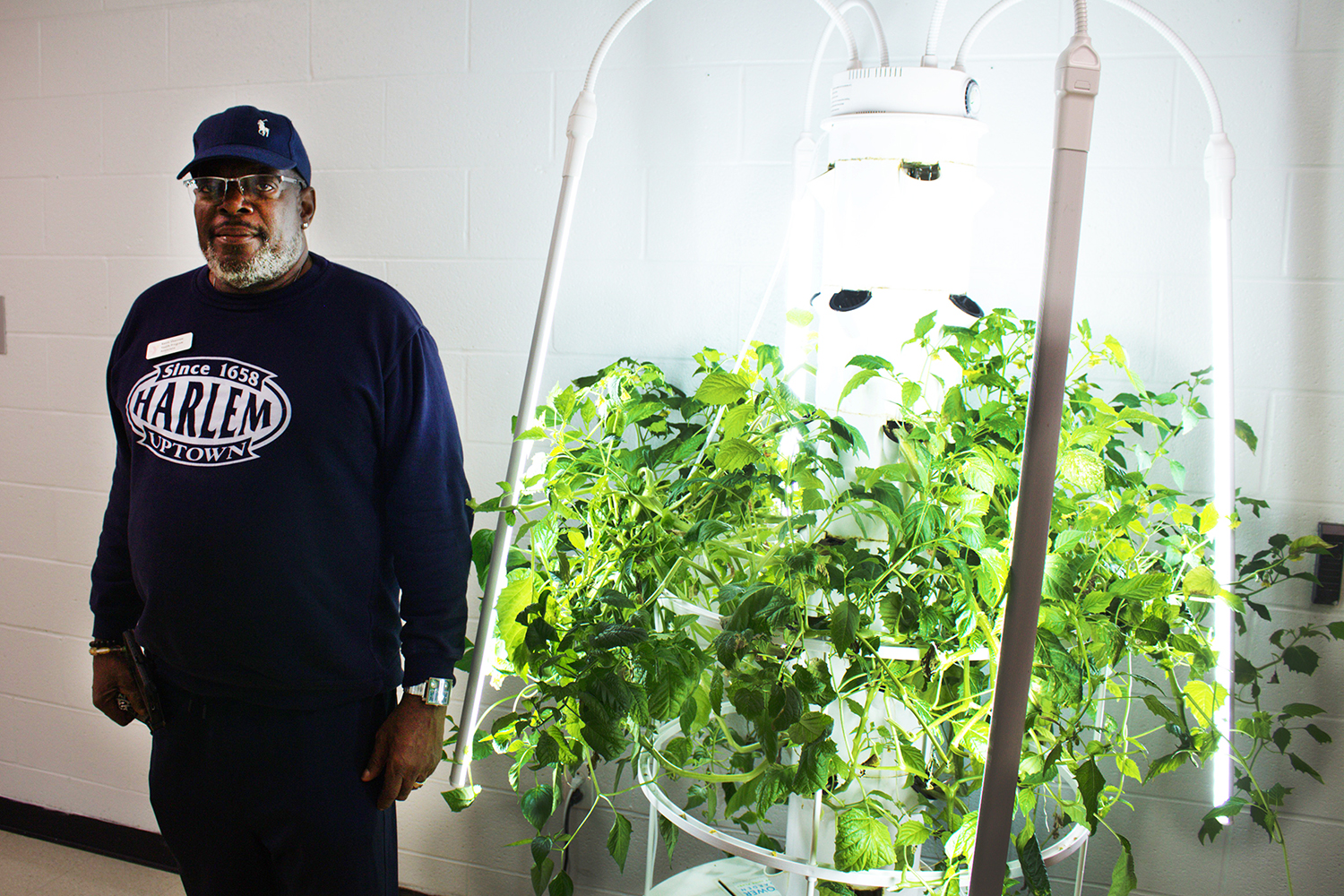With over $400,000 in support from the National Science Foundation’s Early Career Development (CAREER) program, Dr. Georgios Bollas intends to develop comprehensive simulation models that will improve the performance and cost-effectiveness of processes that convert fossil fuels into usable power while capturing carbon dioxide byproducts.  Dr. Bollas is an assistant professor in the Chemical, Materials & Biomolecular Engineering Department who joined UConn in 2010. In receiving the award, Dr. Bollas’ brings to 26 the number of CAREER Awards presented to active UConn engineering faculty members.
Dr. Bollas is an assistant professor in the Chemical, Materials & Biomolecular Engineering Department who joined UConn in 2010. In receiving the award, Dr. Bollas’ brings to 26 the number of CAREER Awards presented to active UConn engineering faculty members.
Dr. Bollas anticipates that the research will result in a reduction in CO2 emissions from power plants, the development of efficient energy conversion technologies that rely on low-value feedstocks, and the education of engineering practitioners who bring energy conservation and environmental awareness to the energy conversion process.
Dr. Bollas’ research centers on two processes: chemical looping combustion (CLC) and chemical looping reformation (CLR). He explained that CLC involves the use of fluidized bed reactors to produce power from the combustion of myriad fossil fuels, from natural gas and coal to syngas. In contrast, CLR is a novel technology for the partial oxidation of hydrocarbon fuels that, while rooted in the same principles as CLC, produces hydrogen as its primary end product rather than heat. Both processes isolate the fuel feedstock from air, minimizing the number of chemical reactions and side products in the reduction reactor. Both also capture and separate out CO2, a gas linked to global climate change and possible health effects, and produce extremely small volumes of NOx and SOx. The graphic below illustrates these processes.
 With an eye toward developing, testing and scaling accurate models of these processes, Dr. Bollas said “Optimal designs and operating conditions for chemical looping processes will reduce the production of CO2 while improving power generation and hydrogen production from fossil fuels.”
With an eye toward developing, testing and scaling accurate models of these processes, Dr. Bollas said “Optimal designs and operating conditions for chemical looping processes will reduce the production of CO2 while improving power generation and hydrogen production from fossil fuels.”
He noted that “The CL technology was proposed originally as a way to improve the thermodynamics of fuel burning for power generation and then it was appreciated for its CO2 separation capabilities. Four continuous pilot plants now operate worldwide. Our project will be carried out in collaboration with the institutes that operate these CL plants and will focus on developing models and simulators for all these processes. Another phase will involve our application of model-assisted methods to explore the real efficiency of hypothetical scaled-up commercial CL plants, and to optimize this efficiency on the basis of theoretical model-based design and control studies. If successful, CL as a commercial technology will definitely be the cheapest method for power generation with in situ CO2 capture.”
A commercial partner on the project is Aspen Technology Inc., whose Aspen Plus software will be used for the implementation of advanced modeling methodologies.
Critical to all CAREER Awards are educational components. Dr. Bollas plans to develop educational modules, involving step-by-step instructions – to include wizards, tooltips and quizzes, he noted – for the application of modeling and reactor design in energy-related research and science. The project will provide novel learning opportunities for chemical engineering students as well: Dr. Bollas intends to develop algorithms with a suitable interactive online interface, including a virtual laboratory of 3D chemical reactors, user-interfaced process models and mathematical codes available to students as educational resources.
Dr. Bollas received his Ph.D. in chemical engineering from Aristotle University of Thessaloniki, Greece in 2006 and continued his research as a post-doctoral Research Associate at the Massachusetts Institute of Technology and as a Research Associate at Rive Technology, Inc., Cambridge, MA.


